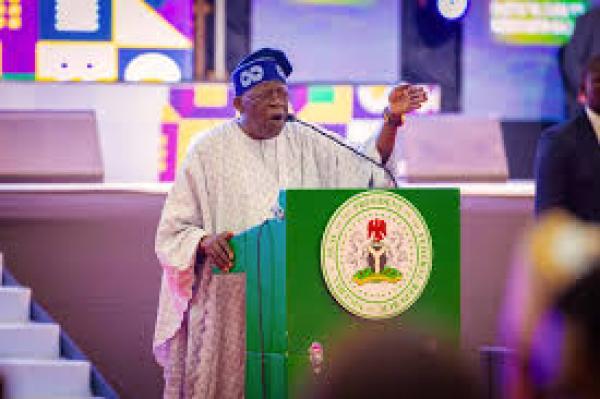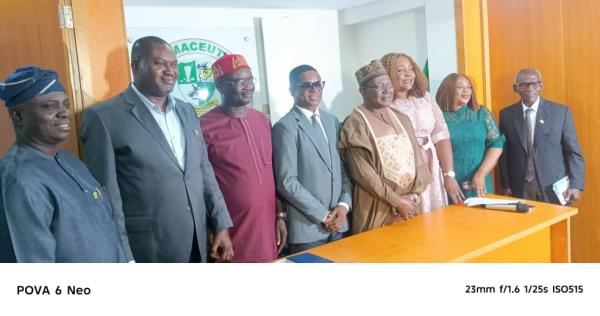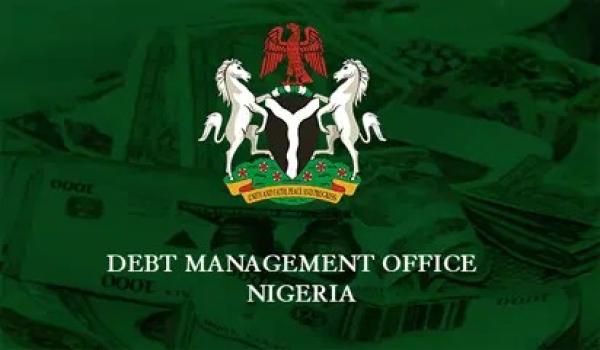
The Nigerian Federal Government overall bond market has returned 14.0378 percent YTD even as the Nigerian Stock Exchange returned 0.49 percent in the same period.
Short-term bonds (less than 3 years) returned 13.0664 percent while long-term bonds (more than 5 years) returned 21.0104 percent.
The significant return is due to both price appreciation of the FGN bonds and the coupon return.
While the coupon return is a given, a significant extra source of return has been the price appreciation of the bonds, driven by a stable macro-economic outlook, and the perceived lesser risk of investing in bonds as opposed to equities, as the February 2015 general elections draw near.
Demand for African sovereign and corporate debt was expected to slow as the US began to taper its quantitative easing programme. Data from EPFR Global, a fund flow data provider, for the month of August showed that foreign institutional investors were net sellers of African bonds.
Yet, the FGN bonds have had strong demand.
Demand is continued to be driven by the inclusion of Nigeria’s 10-year bond in the JPMorgan Chase & Co.’s (JPM) benchmark emerging-market index series. Nigeria already has three other bonds listed in the index.
Traders say demand for the 2024 paper and other maturities has risen since the news filtered into the market.
“Yields have gone down across the board because many investors, including offshore interest are taking position in the market,” says a local dealer.
The inclusion reaffirms the strength of the Nigerian bond market, said Patience Oniha, executive director in charge of market development at the Debt Management Office.
The appetite for Nigeria bonds is not expected to abate soon. In the medium to long term, expected favourable macroeconomics especially a rate cut and moderate inflation would continue to sustain demand for the government’s public debt.
Yvonne Mhango, an economist at Renaissance Capital, stated that a moderation in inflation in 4Q 2014 and a firmer Naira would result in an interest rate cut as early as 2H 2015.
Eurasia, the global political risk and consulting firm, has upgraded its short term trajectory on Nigeria from negative to neutral, five months before Nigerians head out to the polls for the 2015 general elections. According to Philippe de Pontet, Africa director at New York-based Eurasia Group, “Nigeria will muddle through after all without too much investment-relevant risk.”
“The risk of fiscal or monetary policy upheaval under Finance Minister Ngozi Okonjo-Iweala or CBN Governor Godwin Emefiele is relatively low, limiting downside risk,” he continues.
Nigerian government bonds are excluded from many foreign institutional funds which are allowed to invest only in higher-grade assets. Yet, the bonds still have strong appeal to less risk-averse buyers as a result of its strong economic outlook and its ranking among similar bonds from emerging markets. Fitch, the rating agency, in a recent report noted the positive factors of the Nigerian economy such as Nigeria’s tighter monetary and fiscal policy, low indebtedness, high growth, current account surplus, and improving diversification.
On the other hand, downsides come from low levels of foreign direct investment as a proportion of GDP, poor governance, a patchy performance on reform and a degree of risk from the Boko Haram insurgency in the North.






















